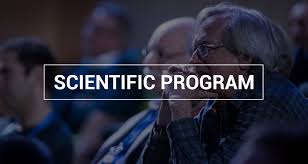
Cristina Noriega
Samuel Merritt University, USA
Title: Characterizing Health As Planned Happenstance
Biography
Biography: Cristina Noriega
Abstract
It is this author’s goal to establish and explain a contexual understanding of the meaning of health. Healthcare as a mere treatment for disease is not in itself a human right. Humans are not born with an entitlement to receive medical services. This author will contend that human beings are entitled to and deserve a social structure that protects persons from unnecessary risk of disease and that allows for human health and well-being. Social entitlements include secure housing, fresh water, sanitation, fresh food, and a safe environment. The social infrastructures and technologies that have most greatly contributed to the quality of human health and life expectancy, are: Sanitation, environment, and vaccines. In the United States, many communities take for granted having these in place, however, many people in our country do not have access to potable water and lack environmental protections. Many healthcare providers recognize that the greatest factor that determines one’s risk of a compromised life expectancy due to these conditions is poverty. This is a fundamental starting point for health care providers to excercise capacity in holding lawmakers more accountable regarding health laws and social conditions. Our current system relies on the acute care system to keep sick patients stable often because we lack the protective social systems that would keep people healthy. Therefore, a means of addressing this societal obligation is the provision of healthcare. However, our American paradigm with respect to healthcare delivery has to change for the sake of addressing the human health condition appropriately.

